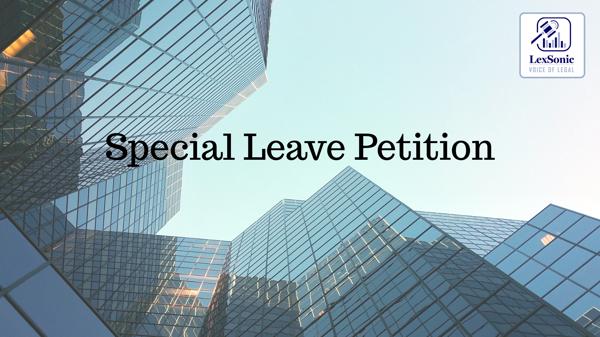The Supreme Court has rejected Special Leave Petitions against an order of Telangana High Court quashing criminal proceedings against A4 in a bribery case filed by the Anti-Corruption Bureau (ACB), Hyderabad, pertains to the 2015 Member of Legislative Council (MLC) elections.
Case Background:
The case originated from a complaint dated May 28, 2015, by an incumbent MLA, who accused A4 and two others of trying to bribe him with promises of Rs. 2 crores and subsequently Rs. 5 crores for not voting or for voting in favor of a specific political party in the MLC elections scheduled for June 1, 2015.
The complaint was made to the Director General of the ACB. Although the complaint was made on May 28, 2015, no FIR was filed forthwith. The FIR was dated May 31, 2015, on the basis of recordings and observations claimed to have been carried out subsequent to making arrangements at the residence of the complainant's associate. A case was later registered under Section 12 of the Prevention of Corruption Act, 1988, for giving bribes to affect voting.
Most importantly, A4 did not attend the site of the purported transaction on May 31, 2015, and his involvement was only predicated on an indication of a phone call allegedly made to the complainant without any particularities such as time or context provided.
Arguments Before the Court:
Senior Advocate Dr. Menaka Guruswamy, who represented the State, and complainant counsel contended that the High Court erred in quashing the case by holding what they characterized as a "mini-trial" during the quashing proceedings when the FIR revealed a cognizable offence. They cited the presence of recordings and recovery of money to urge for restoration of the case.
Opposite, A4's counsel submitted that there was no reliable material which connected A4 to the said transaction. They opposed that the subjective and unlikely nature of the charges justified the order of the High Court to quash the charges.
The bench noted that even though the order passed by the High Court was quite elaborate, the grounds for quashing the case were valid. It dismissed the argument that the High Court had undertaken a full-fledged trial at the stage of quashing.
Considering the complaint and FIR, the Court emphasized that the connection of A4 to the so-called transaction was weak at most. The complaint had only a general mention of a telephone call allegedly made by A4, but without any specifics of when it was received. The offer of bribery of Rs. 5 crores alleged was traced solely to other people.
The Court also pointed out that A4, as admitted by him, was not even present at the time of the so-called incident on May 31, 2015, when surveillance recordings were taken.
Verdict:
Finding that there was "nothing to link A4 to the crime," the Supreme Court affirmed the High Court ruling quashing the proceedings against him. The Special Leave Petitions of the State and the complainant were accordingly disposed of, pending applications disposed of.
Prevention of Corruption Act, 1988
Code of Criminal Procedure, 1973

